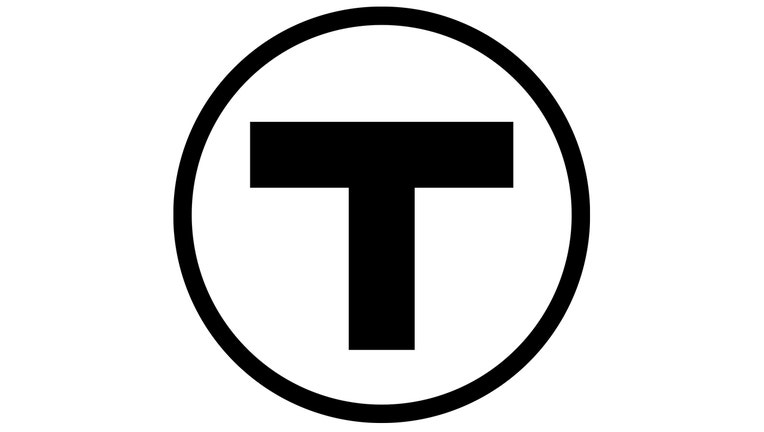Urine sensors to be tested in Boston transit elevators

The logo of the Massachusetts Bay Transportation Authority, better known as the T. (MBTA)
BOSTON (AP) - Urine trouble no more, the Massachusetts Bay Transportation Authority hopes, with a new program to tackle public urination in system elevators with technology.
The MBTA, which services Boston and the surrounding area, is launching a pilot program this summer in which urine detection sensors will be placed in four downtown elevators. The sensors alert transit ambassadors, who can dispatch a cleaning crew, the Boston Herald reported.
The sensors on the ceiling of an elevator have an attached fan, which allows them to suck in air and "basically smell what is present," said Meghan Collins, a program/projects manager for MBTA.
The pilot kicks off in August. Data will be collected for several months before the agency makes a decision about whether to implement the program by year's end, the newspaper said.
It's not a new concept.
Nearly a decade ago, the Metropolitan Atlanta Rapid Transit Authority launched a pilot program that, according to The Atlanta Journal-Constitution, triggered strobe lights, alarms and alerts to MARTA police when urine was detected in an elevator. The elevators were then inoperable until a cleaning. That program, deemed a success, was eventually expanded.
The MBTA hopes the program helps alleviate problems: Public urination is not only unsanitary but can also damage elevators, Collins said.

